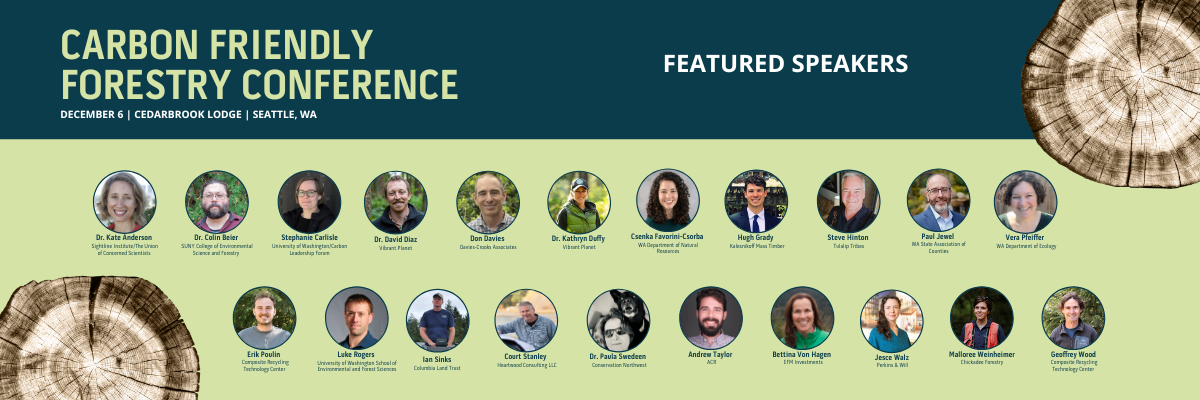
Tribal Treaty Rights and Natural Resources
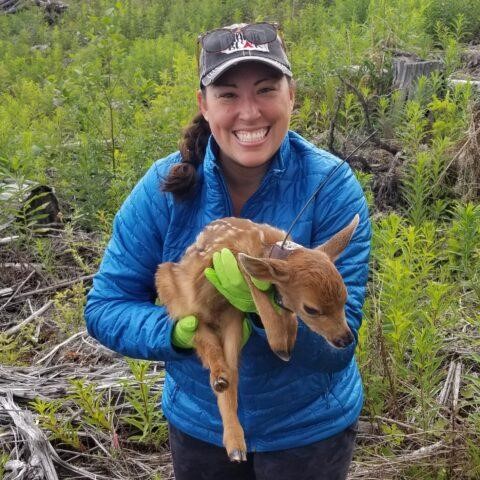
Vanessa Castle
Vanessa Castle is a member of the Lower Elwha Klallam Tribe where she previously worked as a fisheries and wildlife technician on the Elwha River restoration project. She is a mother, fisherwoman and advocate for all salmon people. She currently works for Ridges to Riffles as a Tribal Engagement coordinator for the Klamath River Restoration Project making sure that tribes have a voice at the table during the largest river restoration project in the world.
Extending Timber Harvest Rotations Panel
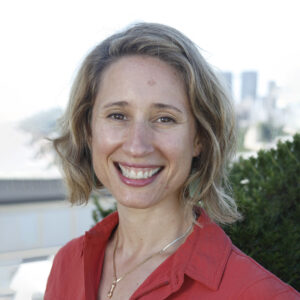
Dr. Kate Anderson
Dr. Kate Anderson is the Director of the Union of Concerned Scientists’ Food & Environment Program. Her team’s research and advocacy fosters sustainable food production, equitable access to healthy food, and supportive conditions for workers along the food chain. Prior to joining UCS, Kate led Sightline Institute’s Farms & Forests Program, where she researched extending timber harvest rotations in Oregon and Washington and reforming wildfire policy. Kate holds an MS in agricultural economics and PhDs in Sociology and Environment & Resources. She has researched and taught agroecology and environmental sociology at University of California, Berkeley, and University of Wisconsin–Madison. She also has experience researching climate, biodiversity, water, and land use for the National Science Foundation’s Long-Term Ecological Research program and the United Nations Development Program.
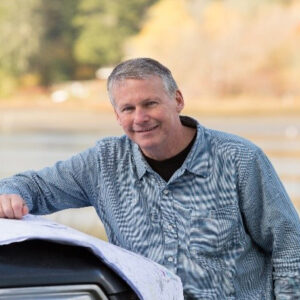
Court Stanley
By age 12, Court was already passionate about forestry and knew it would be his life’s work. He worked his way through Green River College earning a Forest Tech degree and obtained a BS in Forest Engineering from the University of Washington. He began his career in the woods more than four decades ago, planting trees, cruising timber, then as a forest engineer in a remote logging camp in southeast Alaska. Court began working for Port Blakely Tree Farms in 1986, auditing tree planting, surveying and inventory cruising. He became the District Forester for Southwest Washington where co-led the development of one of the first Habitat Conservation Plan in the State. He worked his way through the company, becoming Chief Forester, Vice President and then President of Forestry in 2006. Court retired from the company in July 2020. As President of Forestry, Court ensured the operations in New Zealand and the US aligned with the company’s vision and values. A vocal advocate for stewardship forestry, he champions best management practices across the industry. He served on the boards of the Washington Forest Protection Association (WFPA) and Oregon Forest Industries Council. In 2020, Court formed a consulting company, Heartwood Consulting LLC, and is currently assisting Washington State Association of Counties and landowners on forestry issues. He currently serves as on the board of trustees of Centralia College, past president of United Way of Lewis County, CEO and President of Hemphill-Oneill, Vice President of Washington Farm Forestry Association and is the Board Chairman of Wilcox Family Farms, a 100-year-old sustainable farm. Court enjoys working with wood, boating, skiing, and hiking, even more so when his wife, kids and granddaughter accompany him.

Dr. Paula Swedeen
Paula Swedeen, Ph.D. is Conservation Northwest’s Policy Director working out of Olympia. She represents us on wildlife and wildlands policy issues at the state capitol and beyond, including wolf conservation, forest policy, and more. Paula has worked on habitat conservation issues around the Pacific Northwest for 24 years and even served on Conservation Northwest’s board in the early ‘90s. She worked for 12 years as a wildlife biologist and endangered species policy analyst with the Washington Department of Fish and Wildlife and the Washington Department of Natural Resources, and now serves on Washington’s Forest Practices Board and Wolf Advisory Board. Her recent work involves creating markets and ecosystem service payments to incentivize better habitat conditions on private lands where the regulatory reach is limited. Paula has a B.S. in Biology from Indiana University, a Masters of Environmental Studies and Political Science from Western Washington University, and a Ph.D. in Interdisciplinary Studies with an emphasis on Ecological Economics from the Union Institute.
Forest Management and Carbon Impact Assessment Panel
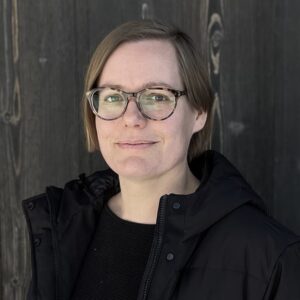
Stephanie Carlisle
Stephanie is a senior researcher at the Life Cycle Lab at the University of Washington and the Carbon Leadership Forum (CLF), focusing on developing open-access LCA data, tools, and methods to decarbonize the building sector. Her work brings together diverse stakeholders from design, industry, agriculture, labor, and policy to find new approaches to climate justice and a more equitable built environment.
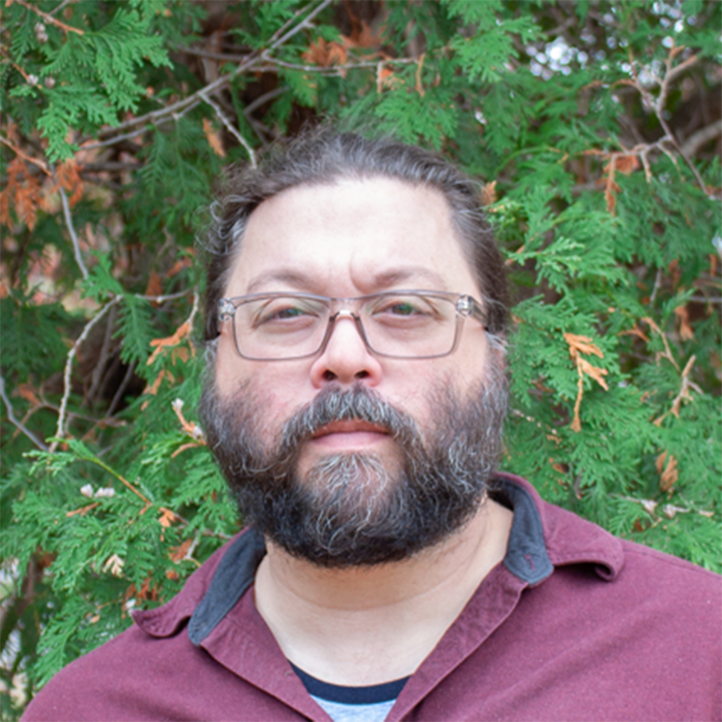
Dr. Colin Beier
Colin Beier is a broadly trained ecologist interested in the resilience and stewardship of forest ecosystems and landscapes in a rapidly changing world. He is the founding Director of the Climate & Applied Forest Research Institute – a partnership of ESF and Cornell University to inform sustainable forest-based climate solutions in New York – and the lead PI of the NY Forest Carbon Assessment. Dr. Beier also leads one of the nation’s oldest long-term ecosystem monitoring programs at ESF’s Huntington Forest in the Adirondacks (adk-ltm.org). He lives in Syracuse (unceded territory of the Onondaga Nation) with his family.
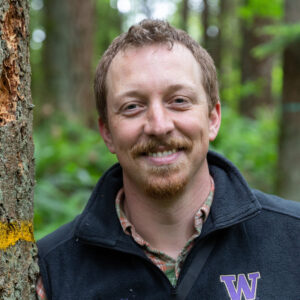
Dr. David Diaz
David is a lifelong student of the “tall people” and a Native Texan (a mestizo descendant of the Coahuiltecan people). Over the past 20 years, David has worked as a reporter covering international climate policy and carbon markets, wrote a how-to guide for forest carbon projects, designed new carbon accounting methodologies, and managed a portfolio of carbon offset projects before finding his path as a data scientist. For the past decade, he has applied ecosystem and geospatial data science to improve forest planning and monitoring systems used by thousands of landowners across Oregon and Washington. He holds a B.A. in Environmental History from Harvard, an M.S. in Soil Science from OSU, and a Ph.D. in Forestry from UW. At Vibrant Planet, David leads research and development related to growth-and-yield modeling, climate smart commodities, and tribal forestry. You can find David around Seattle where he and his wife Abby are learning along with their dog Melvin to take more deep breaths and to hunt truffles.
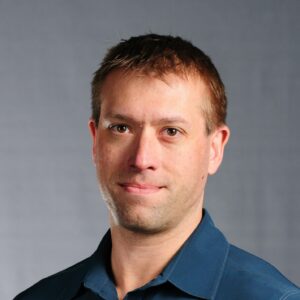
Luke Rogers
Luke Rogers is a research scientist and forest engineer for the Precision Forestry Cooperative at the University of Washington’s School of Environmental and Forest Sciences in Seattle. Since 1999 Luke has worked to quantify the geography of Washington State’s forest land base, focusing on Small Forest Landowners. Luke’s research team identified lands suitable for woody biomass crops in the Pacific Northwest, completed a residual forest biomass assessment for Washington, Oregon and California, developed an online biomass calculator for Washington and maintained the state’s Forestland Database – a comprehensive source for understanding Washington’s forest lands. Current research includes evaluating net recoverable energy on forestlands from logging residuals, developing an open-source forest and ecological management system, and building statewide forest structure and species maps to assess and track forest conditions over time.
Up in Smoke? Stabilizing Carbon Storage in Fire-Adapted Forests
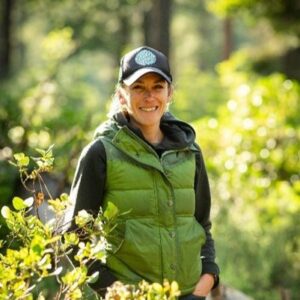
Dr. Katharyn Duffy
Dr. Katharyn Duffy is an ecologist and researcher specializing in fire-adapted ecosystems, biodiversity, and carbon dynamics. With a focus on Western U.S. forests, her work explores the impacts of fire suppression, climate change, and management strategies like fuel reduction treatments on ecosystem resilience. Currently, Dr. Duffy leads research efforts at Vibrant Planet, where she integrates cutting-edge data analysis and spatial modeling to inform landscape-scale conservation and climate adaptation planning. Her work bridges the gap between science and action, offering innovative solutions for restoring forest health, protecting biodiversity, and enhancing carbon storage in a rapidly changing climate.
Natural Climate Solutions Panel
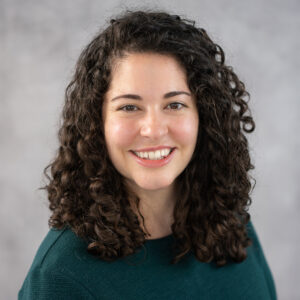
Csenka Favorini-Csorba
Csenka Favorini-Csorba (she/her) has been working in environmental policy for over a decade. She currently serves as Policy Director at the WA State Department of Natural Resources where she manages a team that seeks solutions to our most complex natural resource challenges. Prior to joining DNR, she co-led the forest program at an international non-profit that partners with companies to trace, create, and improve responsible supply chains that respect human rights and encompass key environmental protections. There she not only led large scale conservation projects that touched millions of acres in British Columbia and throughout the US Southeast, but also provided strategic guidance to Chief Sustainability Officers and other company leaders as they developed and implemented new natural resource management policies. She has been at DNR since January 2021.
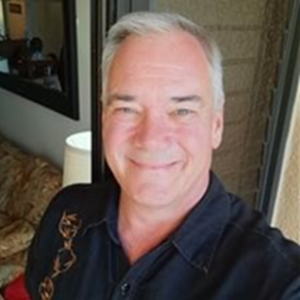
Steven Hinton
Steve R Hinton is a conservation scientist working with the Tulalip Tribes Treaty Rights and Government Affairs Office. Steve has been with The Tulalip Tribes since 2021 and works to develop, promote, and implement climate adaptation strategies for the Tribes. Steve Graduated with an M.S. in Science and Technology Policy from Georgia Institute of Technology in 1990 and holds a B.S. in Biology from Washington State University.
Prior to this position, Steve was the Director of Habitat Restoration for the Swinomish and Sauk-Suiattle Tribal Communities from 2000 to 2020. During his career with the Tribes, Steve and his team implemented scores of construction projects from concept to implementation. At all stages and sizes of project development, Steve has successfully brought projects to reality, including many light and heavy civil public works.
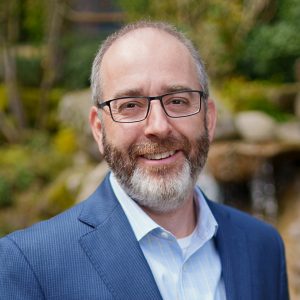
Paul Jewell
Paul Jewell is the Government Relations Director for the Washington State Association of Counties (WSAC). He is also the policy lead on a broad range of issues, including water, natural resources, and land use. He has been with WSAC since 2018. Previously, he served as a Kittitas County Commissioner for 10 years.
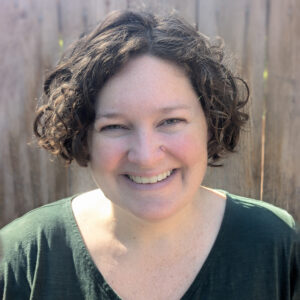
Vera Pfeiffer
Vera Pfeiffer is the Natural and Working lands data scientist for the Greenhouse gas emissions inventory unit in Washington State’s Department of Ecology. Housed in the Climate Pollution Reduction section of Ecology, the unit is tasked with developing the state’s inventory of emissions and sinks as well as drafting the state’s Comprehensive Climate Action Plan (CCAP) in the coming year. Before taking on this new role during the summer, Vera was a WSU & USDA postdoc after completing her PhD at the University of Wisconsin – Madison.
Breakout Session 1. Sustainable Mass Timber: From Forestry & Fabrication to Data-Driven Design
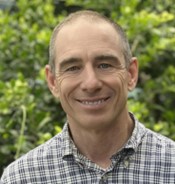
Don Davies, SE
Don is a Co-Founder and Principal with Davies-Crooks Associates. An industry champion for the promotion of urban density and lower-carbon construction, a US Special Presidential Envoy on Climate and a 2023 ENR top 25 news maker, Don helped found the Carbon Leadership Forum, Building Transparency, the Climate Smart Wood Group, and the MKA Foundation. He has been inducted into the UC Berkeley Academy of Distinguished Alumni. The past president of Magnusson Klemencic Associates, his structurally designed projects are in 18 countries and more than 50 major metropolitan centers.
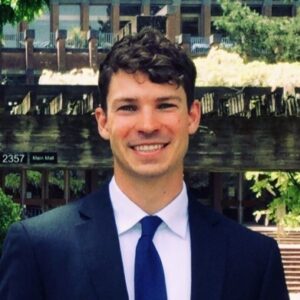
Hugh Grady
Hugh is a Project Manager with specialized expertise in Mass Timber. He has a proven track record of leading project teams through all phases of mass timber and light wood frame projects, including structural design, shop drawings, material procurement, fabrication, logistics coordination, and installation. With a strong background in operations and project management, Hugh has played key roles in manufacturing operations and construction project management, particularly within the renewable resources sector. His several years of experience have been marked by a commitment to driving innovative solutions that address relevant challenges, contributing to a more sustainable and greener future.
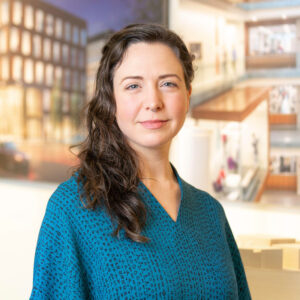
Jesce Walz
Jesce is the Carbon and Circularity Research Lead at Perkins & Will. She approaches impact reduction from a systems perspective, with a focus on regenerative design as well as circular, carbon-storing and innovative materials. As a principal investigator within Perkins & Will’s Research Group, Jesce contributes to project design, tool and process development, and leadership of strategic initiatives to improve climate and health impacts across a broad portfolio of projects. Jesce has a background in both Architecture and Landscape Architecture and is engaged with the International Living Futures Institute, Ecotrust, Vibrant Data Commons, Climate Smart Wood Group, and the Carbon Leadership Forum.
Breakout Session 2. Funding Conservation with Forest Carbon Projects
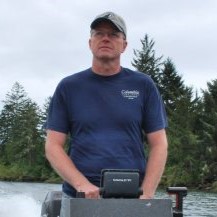
Ian Sinks
Ian is charged with the care and management of all of Columbia Land Trust’s lands—no small job. From conducting site evaluations to exhaustive long-term management plans to executing complex habitat-restoration projects, Ian makes sure our lands are the best they can be. A Land Trust employee since 2000, he lives with his family in a wooded retreat along Gee Creek in Washington.
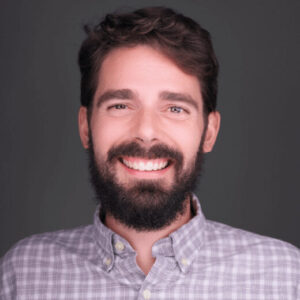
Andrew Taylor
Andrew is the Senior Technical Manager, Forestry, providing technical forestry expertise to facilitate carbon credit projects in compliance and voluntary markets. During his tenure at ACR, he has overseen the review of forestry and other land based carbon credit project listing, verification, and registration, and has been instrumental in growing ACR’s voluntary forestry portfolio. His current focuses are forestry methodology development, integrating new technologies into forest carbon quantification, and broader program development. Andrew earned a Master of Forestry (MF) degree at Oregon State University, with research focuses on silviculture for old-growth structure in the Oregon coast range, and the physiological impacts of partial harvest regimes and their influence on forest carbon dynamics.
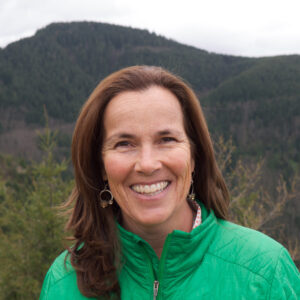
Bettina von Hagen
Bettina is co-founder and CEO of EFM (efmi.com), an investment management and climate-smart forest management company based in Portland, OR and focused on natural climate solutions. In addition to general management, Bettina leads the firm’s acquisition and disposition activities and is a member of the Investment Committees and chairs the Board of Directors. EFM’s goal is to create long-term financial value and enduring environmental and social impact. We have over $250M in assets under management and advisement in comingled funds and separate accounts, have transitioned more than 150,000 acres of forestland to FSC-certified, climate-smart management in the U.S, and developed over $20M in carbon projects using VCS, ACR, and CAR standards . EFM has advised on over $50M of natural climate solutions projects globally, including REDD+, reforestation, blue carbon and agroforestry. Bettina holds U.S. and Peruvian citizenship and co-chairs the board of Forest Trends.
A New Paradigm for Utilizing Undervalued Species in Engineered Timber Homes
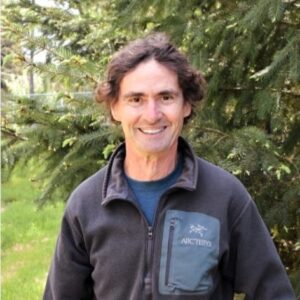
Geoffrey Wood
Geoffrey was one of the founders of the Composite Recycling Technology Center in 2015, which has expanded from recovering and reusing aerospace carbon fiber waste into innovative building materials with a unique approach partnering with Makah Tribe for wood supply. Geoffrey previously ran a composite manufacturing operation and has a background in Chemical Engineering and Materials Science and is a home builder in his spare time.
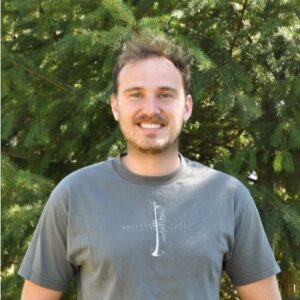
Erik Poulin
Erik is a materials engineer and project manager at the Composite Recycling Technology Center. He has a background in process engineering and composite materials. He has spent much of his career in R&D and scaling manufacturing processes with repurposed and undervalued materials, with a focus on managing diverse manufacturing and development projects. Erik has spent the last two years developing engineered wood products using timber harvested on the Olympic Peninsula.
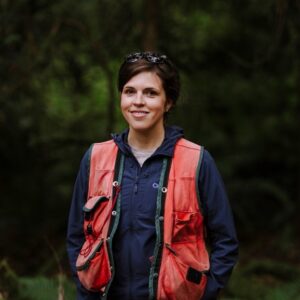
Malloree Weinheimer
Malloree is a forester focused on ecological forest management and building local wood economies. She started Chickadee Forestry back in 2018 to help begin to address forest management issues on the Olympic Peninsula and greater Pacific Northwest. She has built a triple bottom line forestry program for Jefferson County that has created new jobs in the sustainable forestry sector and helped keep more wood in the community, lowering the carbon footprint of forest management significantly. She works with the CRTC to help ensure that forest management and wood acquisition tell a story of sustainability and how they can help share and spread that idea to other businesses.
